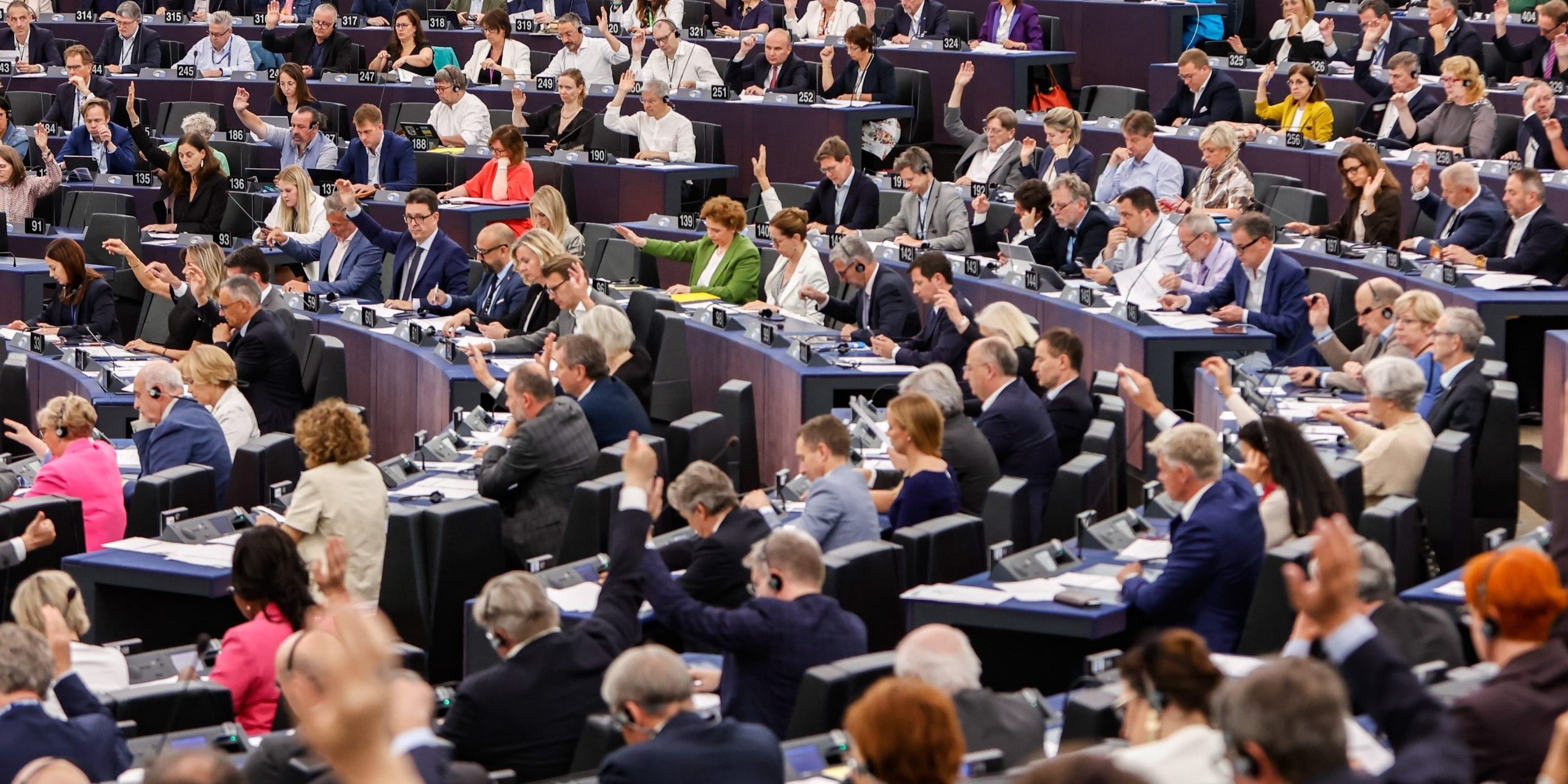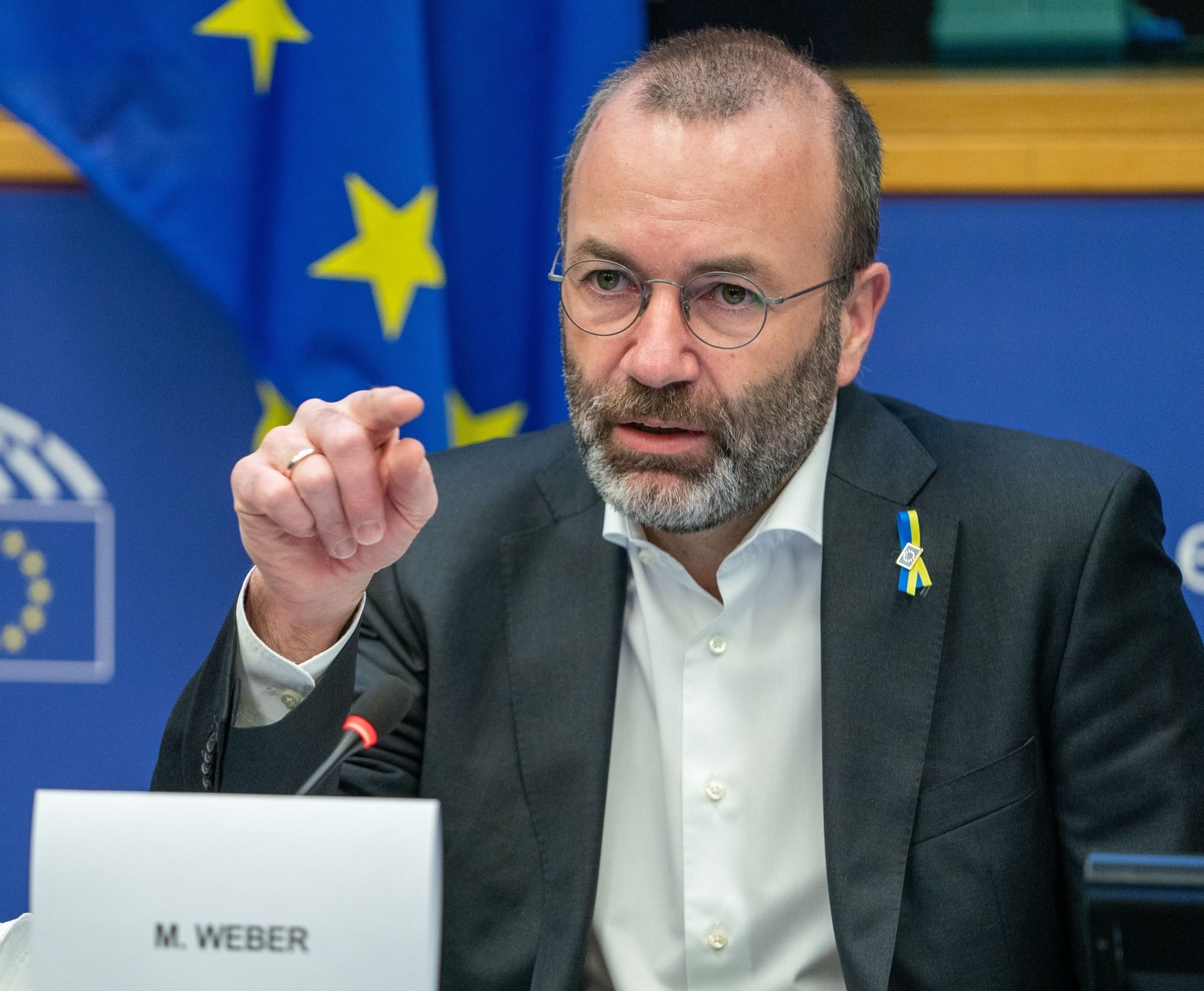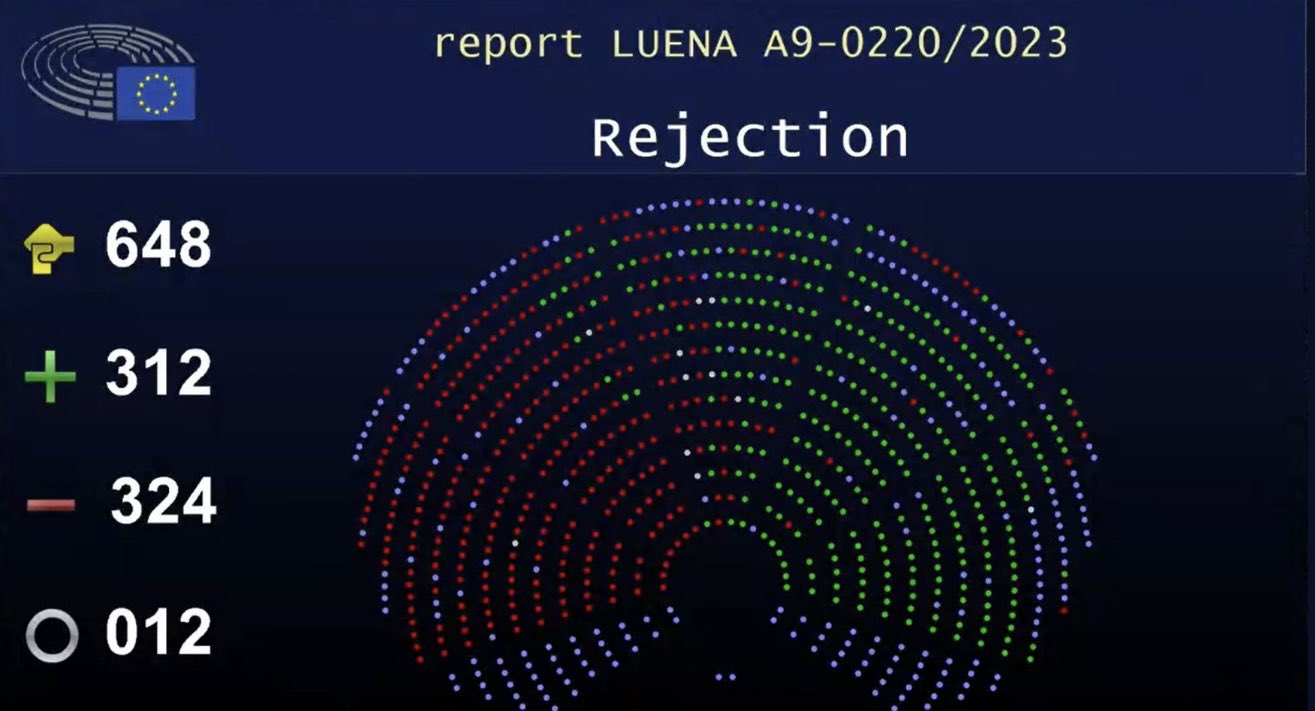
EPP’s actions erodes trust
Nature Restoration Law survives the Parliament.

One of the main pillars of the European Green Deal, the Nature Restoration Law, has survived in the European Parliament’s plenary today, with 324 MEPs voting against a cynical motion to destroy the law.
While today’s outcome represents a massive endorsement of the Commission’s efforts to tackle climate change and decarbonise the European economy, the backdrop under which the vote has taken place is a deeply worrying point of note for those who believe in honest politics.
Ahead of the European elections, Manfred Weber’s European People’s Party (EPP) – the centre-right party across the continent, have clearly demonstrated their need for a political “scalp” to help with their campaigning. Devoid of alternatives, the Nature Restoration Law has become the file of choice for Weber’s campaigning focus, with the EPP showing their intention to attempt to kill the law over the past number of weeks. Crucially, this has not been done with a view to negotiate a compromise, merely to show the strength of the group through clashing with the wishes of the Commission and the rest of the Parliament (with the notable exception of the far-right).
Refusing to seek compromises or having ideological disagreements with policy are all fine in of themselves, but the manner in which the EPP has conducted this campaign will have a profoundly negative impact on the workings of Europe’s institutions. At the committee level of proceedings in the European Parliament, Weber’s group were happy to substitute members into the ENVI committee during the last week of June in order to force the vote to plenary. Angered, MEP Pascal Canfin denounced the “"very clear manipulation of the ENVI vote”, which “cannot happen in the plenary because Manfred Weber cannot replace members in the plenary."
The worst infraction, however, is the ease with which one of Europe’s biggest political groups has embraced disinformation in their crusade against combating climate change.

Throughout their argumentation against other parties, MEPs, the Commission, Member States, NGOs, experts and academics, the EPP has deliberately misled the electorate as to the basis for opposing the Nature Restoration Law. In falsely claiming that the law will negatively impact the agricultural sector, and that it’s cost and geographical ramifications will have far-reaching implications for local communities and those working in agriculture and maritime industries. This came to a head when the Commission was forced to address these lies online, responding on Twitter to some of the group’s claims. Not satisfied with the initial embarrassment, the group continued until WindEurope were compelled to rebuke claims that the law would lead to wind turbines facing closure.
These instances, while completely unacceptable, denigrate the conversation around complex European files, misleads citizens and undoubtedly chips away at the public confidence in the legislative process, the European institutions and politics at large. For the European People’s Party, at the behest of Manfred Weber, to sink to such lows in an attempt to pander to the far-right is an insult to many of his colleagues in the Parliament, and many of those engaged in the legislative process. It sets a precent for this group ahead of a crucial election period, and may lead to an erosion of trust for other key files going forward.
Despite this, today the European Parliament sent a clear message against disinformation. While amendments to the law cannot erode the good work it seeks to do, this plenary session is a ringing endorsement for honest politics. We commend those within the EPP who voted against their group’s ideologically driven dishonest position.
With this part of the process now put to bed, Manfred Weber and the EPP must engage with their constituents and other MEPs with fact as a central component of any argument.
